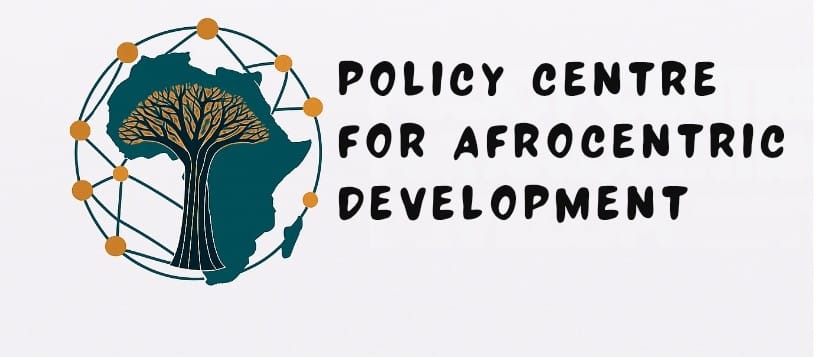Economic Transformation And Trade
Reclaiming Economic Agency through structural change
The current global economic and financial system is characterized by a hierarchical structure that places Africa at the bottom—as a source of cheap raw materials; a market for low-quality and obsolete products and technologies; a dumping ground for waste and surplus industrial capacity; and a destination for exotic tourist experiences. This asymmetry continues to undermine Africa’s agency, resilience, and long-term prosperity.
At PCAD), we understand that Africa’s development challenges are rooted in structural economic distortions—a legacy of colonial extractivism, externally driven policy models, and dependence on low-value commodity exports. As such true transformation requires more than growth; it demands a fundamental reconfiguration of how African economies are structured, integrated, and governed—both internally and in relation to the rest of the world.
Our Perspective
Africa’s current position at the bottom of the global economic hierarchy is not accidental—it is maintained through a systemic global economic architecture designed to perpetuate dependency and extractive relationships. These include the international financial architecture, the global trade and investment regime, and the international taxation system. These systems collectively infringe Africa’s economic sovereignty and limit the continent’s capacity to pursue development on its own terms.
In response, PCAD views economic transformation as a sovereignty-driven imperative that entails Africa’s control over production, reformed trade relations, diversification of partners, and strengthened intra-African trade.
We believe that African countries should strike a balance between national self-reliance (communities empowered to shape their own development) and collective self-reliance (through strategic cooperation with other African and Global South countries to build interdependent systems and leverage collective power in the global economy).
Our Areas of Work
Critical analysis of trade regimes and agreements
Including AfCFTA, Economic Partnership Agreements (EPAs), and WTO rules—highlighting their implications for Africa’s development trajectory and economic sovereignty.
Support to national and regional institutions
In designing and implementing policies that promote domestic value addition, build productive capacity, and foster fair and equitable trade relationships.
Strategic engagement on global economic governance
Working to amplify African voices and perspectives in international trade, finance, and tax reform processes.
Capacity building and knowledge generation
Aimed at empowering policymakers, civil society actors, and communities with the tools to advocate for economic justice and co-create alternative models for transformation.
Schedule a call
Connecting the Dots
The current economic system not only entrenches poverty and dependency—it also drives the destruction of Africa’s environment and communities. Heavy reliance on commodity-based economies has created a fragile foundation for development that generates wealth for elites and foreign companies while leaving most citizens exposed to environmental harm, displacement, and poverty. When commodity prices drop or revenues are mismanaged, governments often resort to unsustainable borrowing, frequently backed by future resource earnings. This deepens debt distress and forces austerity measures that erode public services and undermine rights to health, education, housing, and food among other rights. At the same time, communities resisting harmful extraction face repression, while the ecological damage caused jeopardizes the rights of future generations.
These environmental and social costs are rarely borne by those who profit from the resources, reinforcing patterns of ecological injustice where African people and environments absorb the damage, while value is exported elsewhere.
These economic patterns are deeply linked to issues of governance, environmental justice, and human rights. Trade and industrial policies that prioritize foreign profit over local well-being undermine national cohesion, weaken state capacity, and sideline citizen participation in economic decision-making.
To transform Africa’s economy is to reshape the foundations of its governance, restore the integrity of its environment, and reclaim the power to define development on African terms.
Our Goal
Our goal is to contribute to the emergence of sovereign, just, and resilient African economies that serve the needs of their people and operate on equitable terms in the global system.
We seek to dismantle structural dependencies and build economies grounded in value creation, self-reliance, and regional solidarity. Through our research, policy engagement, and strategic collaboration, we aim to support a shift from extractive models to productive, inclusive systems that are anchored in African priorities.
Stay Ahead.
Subscribe for Expert Insights.
You can unsubscribe at any time using the link in the footer of our emails. View our Privacy Policy.
